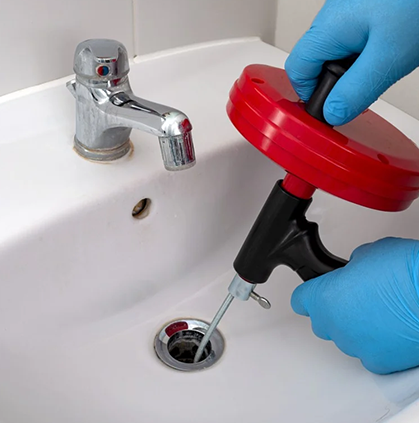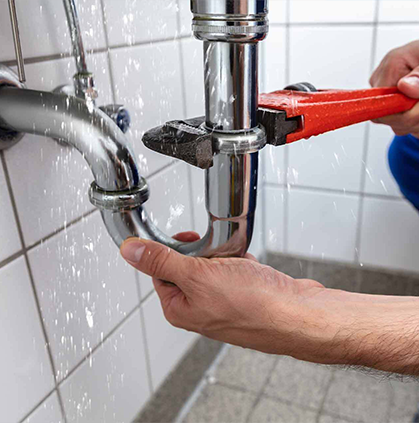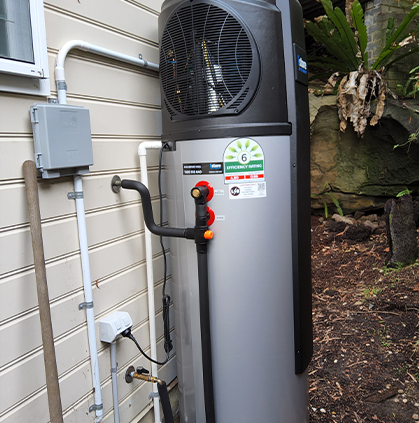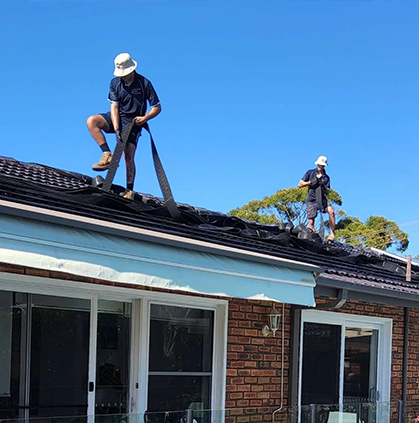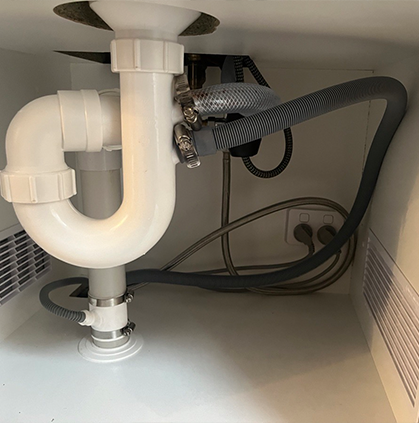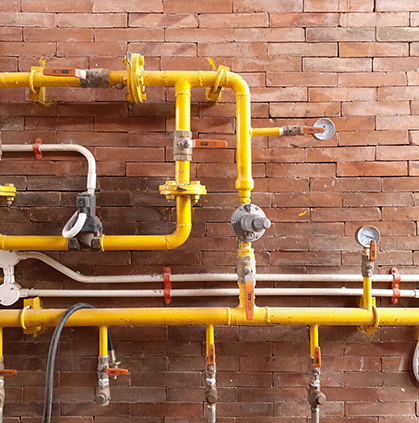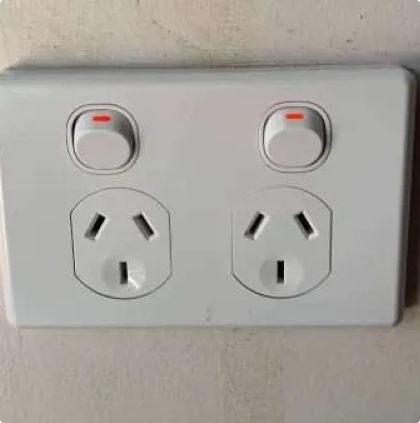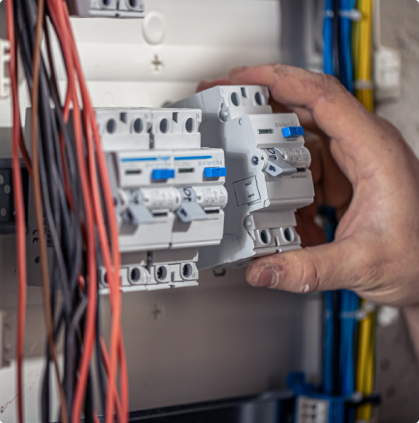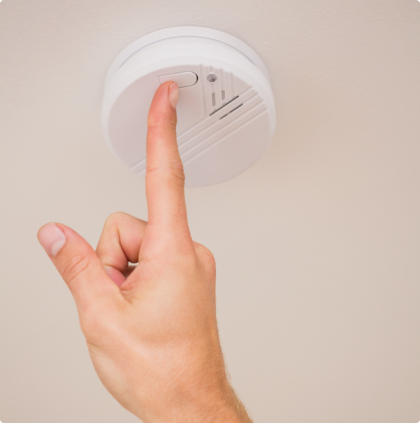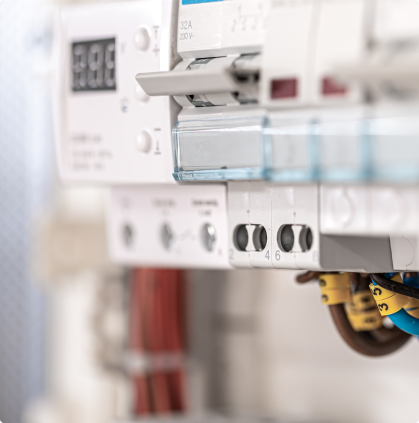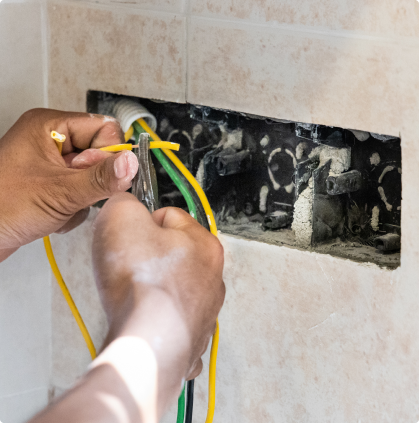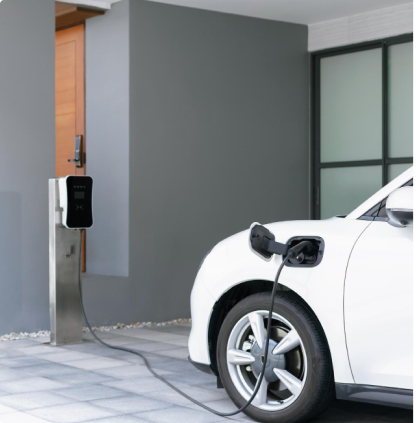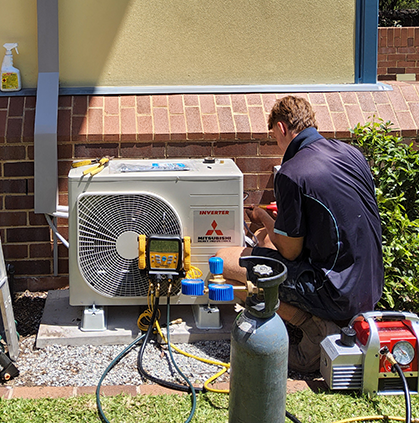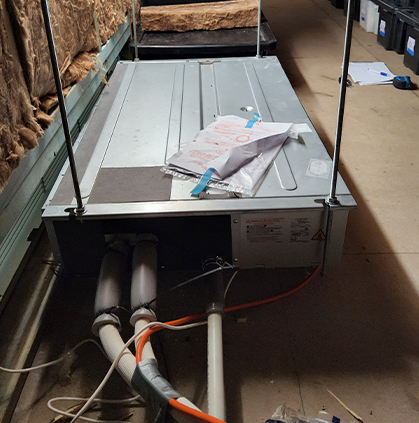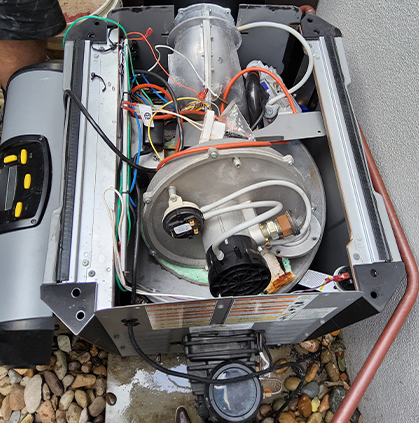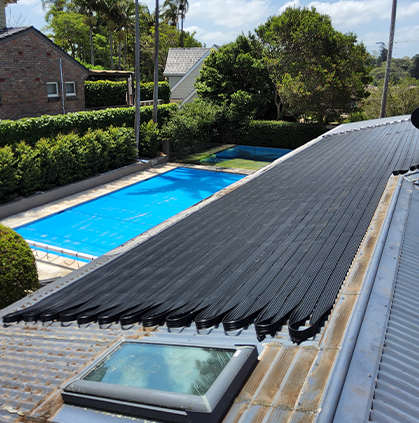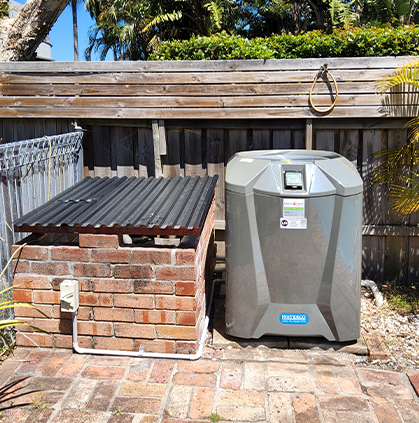
Becoming an electrician in Australia is a structured process that provides a solid, rewarding job and a secure future. The demand for electricians remains high due to the growth of residential, commercial, and industrial projects. Pursuing this skilled trade requires specific training, hands-on experience, and official certifications.

First Step in How to Become an Electrician in Australia
Start by enrolling in a Certificate II in Electrotechnology. This entry-level qualification introduces you to basic electrical systems and safety procedures. It helps you build foundational electrical knowledge and offers the first step toward a formal career in the electrical industry. This certificate is a requirement for entering an apprenticeship program and the world of electrical trade.
Why This is Important to Become a Licensed Electrician
This provides essential theoretical knowledge and some practical experience, helping you understand the fundamental concepts of electricity, circuits, and wiring. It also exposes you to electrical equipment and hazards, preparing you for on-the-job training.
Next is Electrical Apprenticeship
The next move is to apply for an electrical apprenticeship. An apprenticeship is essential to work as an electrician in Australia. During this time, you’ll combine classroom learning with hands-on training under the supervision of a qualified electrician.
The Job of an Electrical Apprentice
As an electrical apprentice, you will gain valuable work experience and learn how to install, maintain, and repair electrical systems. You’ll also develop technical skills in electrical wiring, troubleshooting electrical issues, and working with electrical networks in homes, businesses, and industrial sites.
An apprenticeship typically takes four years to complete and includes training in areas such as:
- Installing electrical wiring and circuits
- Maintaining electrical systems and equipment like ceiling fan
- Identifying and fixing electrical hazards
You will work with licensed electricians throughout your apprenticeship and gain critical workplace experience. By the end, you will be well-prepared to perform electrical work independently.
Complete a Certificate III in Electrotechnology: Important to Work as an Electrician
During your apprenticeship, you must complete a Certificate III in Electrotechnology Electrician. This qualification focuses on the skills you’ll need to succeed as a professional electrician. The program involves technical skills and practical training, covering all work areas, including circuit installations, safety regulations, and maintenance.
The Benefits of a Certificate III
Certificate III is a formal qualification that allows you to apply for a license. It ensures you have the skills to meet industry standards, particularly safety and compliance. After you complete your apprenticeship program and Certificate III, you’re ready to move to the next stage, applying for a license.
Apply for Your Electrical License and Welcome to the Electrical Industry
Once you’ve completed your apprenticeship and received your Certificate III, you can apply for an electrical license. This is a crucial step if you want to pursue this career path. Licensing ensures that you’re qualified to work safely and legally in Australia.
Requirements for Licensing
- Complete an apprenticeship under the supervision of a licensed electrician
- Hold a Certificate III in Electrotechnology
- Meet any state or territory requirements specific to your region
After obtaining your license, you can perform electrical work independently and even open your own electrical business. Becoming an Australian registered electrician opens doors to higher-paying roles and specialized areas of electrical work.
Types of Electrical Work and Career Opportunities
Electricians can work in many areas of the industry. Depending on your interests, you can specialize in residential, commercial, or industrial electrical work. Electrical contractors often manage electrical installations and maintenance for homes, offices, and factories.
Different Paths in Electrical Work
- Residential electrician: Focuses on wiring and electrical needs in homes.
- Commercial electrician: Handles larger electrical systems in businesses and office buildings.
- Industrial electrician: Works in factories, handling more complex machinery and systems.
Electricians do safety switches, power points, lighting, surge protectors, smoke alarms, fault detection, solar, and phones.
Lightning Bult: Where the Best Work

Lightning Bult is a leading provider of electrical, plumbing, air conditioning, and pool heating services in Sydney, with over 20 years of experience. Our team offers expert solutions for residential and commercial clients across Sydney’s Northern Beaches and North Shore. Whether you’re looking for electrical installations or air conditioning maintenance, Our licensed and skilled professionals ensure reliable, high-quality service.
Where we Provide Services:
Conclusion: A Rewarding Career Path
Becoming an electrician in Australia involves following a structured process, including vocational training, practical experience, and formal qualifications. The journey includes completing an apprenticeship, acquiring a Certificate III in Electrotechnology, and obtaining your license. By following these steps, you set yourself up for a career that offers stability, growth, and opportunities across Australia. If you’re looking for a career as an electrician, the field is both rewarding and in high demand. Just take a look at their salary in our other article, how much does an electrician earn.



